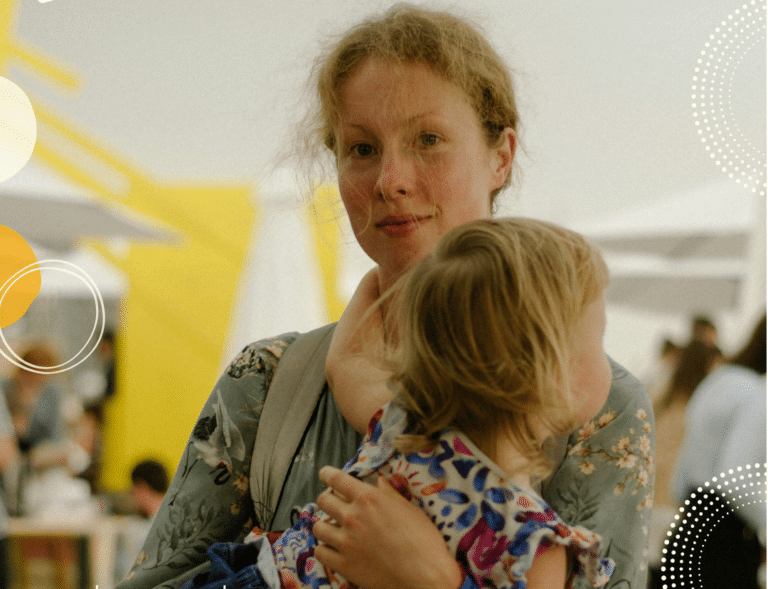Parenting is a two-way relationship
One of the things I encourage parents to do is to see parenting as a relationship between a parent and a child rather than as a one-way activity. That means focusing on building a good relationship with your child and tuning in to how they communicate. Seeing parenting as a two-way relationship not only enriches family life, it opens us up to understanding the influence of children’s innate personalities.
Modern parents like to think we’re very important. The fashion for blaming parents for how children turn out – or indeed giving credit to parents when kids do well – leads us to believe that we really matter in our children’s lives. That we are the deciding factor. That if we parent ‘right’ then our kids will turn out great. That way of thinking supposes that 1) we can choose how we parent and 2) our kids are totally shaped by their environment. It tends to forget that there is a child in the mix with their own unique fixed set of variables.
Now, there is most definitely evidence from quality research that certain parenting styles and strategies are associated with good outcomes for children. But, equally, there is clear evidence that the genetic factors that predispose children to certain personality traits are also influential on kids’ long term outcomes. Both nature and nurture are at play and parents are only part of the picture.
Parenting is not a freely-chosen activity. Your child’s innate personality directly impacts on your parenting choices. “It is more accurate to conceptualise parenting as a transactional process in which both parents and children exert simultaneous and continuous influence on each other,” says Mona Ayoub at the University of Illinois. Children’s genetically-linked personality traits directly affect their parents’ parenting style. So, for example, children who are more agreeable and conscientious tend to have parents who parent with greater warmth. And children with lower agreeableness have parents who parent with more stress. In essence, parenting a very easy-tempered child is not nearly as difficult as parenting a difficult one!
This dynamic is mutually-influential. Our child’s temperament feeds into the way we parent. And the way we parent then affects how our children behave and express their temperament. Which is why it’s easy to get stuck in a parenting rut and why change can be so difficult.
That is not to say that good parenting strategies can’t be learnt or that parenting doesn’t matter. But if we see children’s outcomes as under our control, that’s very stressful. We line ourselves up for blame and recrimination and can quickly find ourselves over-parenting out of concern to get it right. Resilient parenting means understanding that we have some influence (and trying to use it wisely) but that we are only part of the picture.
Children’s lives are determined by much more than just their parents.






